
A Q&A With Marilynne Robinson A Q&A With Marilynne Robinson
The novelist discusses religion, history, language and the importance of moral scrutiny.
Mar 23, 2015 / Books & the Arts
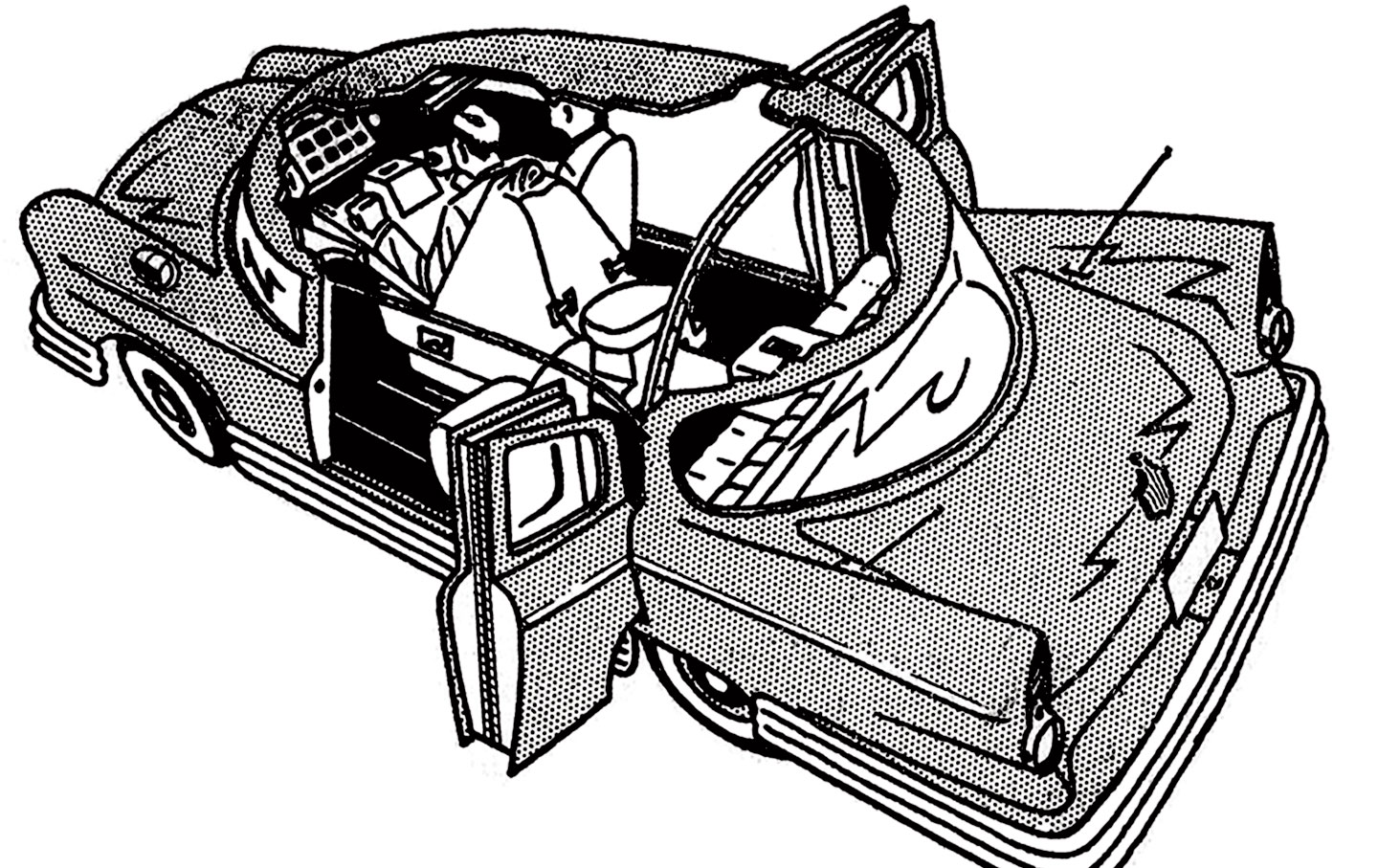
The Article That Launched the Consumer-Rights Movement The Article That Launched the Consumer-Rights Movement
Innumerable precedents show that the consumer must be protected from his own indiscretion and vanity.
Mar 23, 2015 / Books & the Arts / Ralph Nader

There Cannot Be Peace and Security Until the Cause of Palestinian Suffering Is Addressed There Cannot Be Peace and Security Until the Cause of Palestinian Suffering Is Addressed
There is a racist premise underpinning the “peace process” that Arab lives aren’t worth as much as Jewish lives.
Mar 23, 2015 / Books & the Arts / Edward W. Said
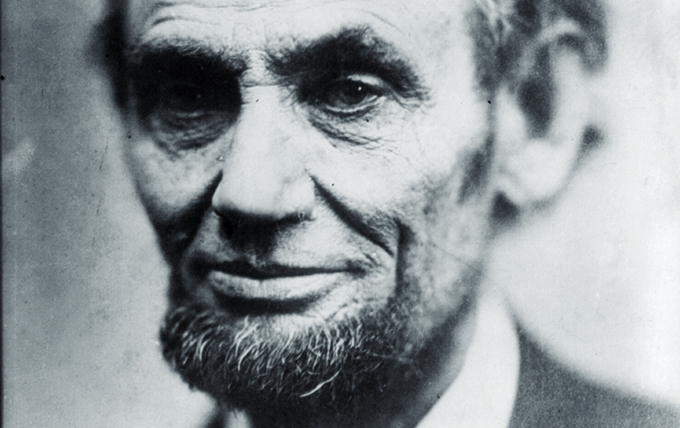
What Would Lincoln Think of Race Relations on His 100th Birthday? What Would Lincoln Think of Race Relations on His 100th Birthday?
The Nation’s publisher writes about “the negro problem” during the very week he helped found the NAACP.
Mar 23, 2015 / Feature / Oswald Garrison Villard
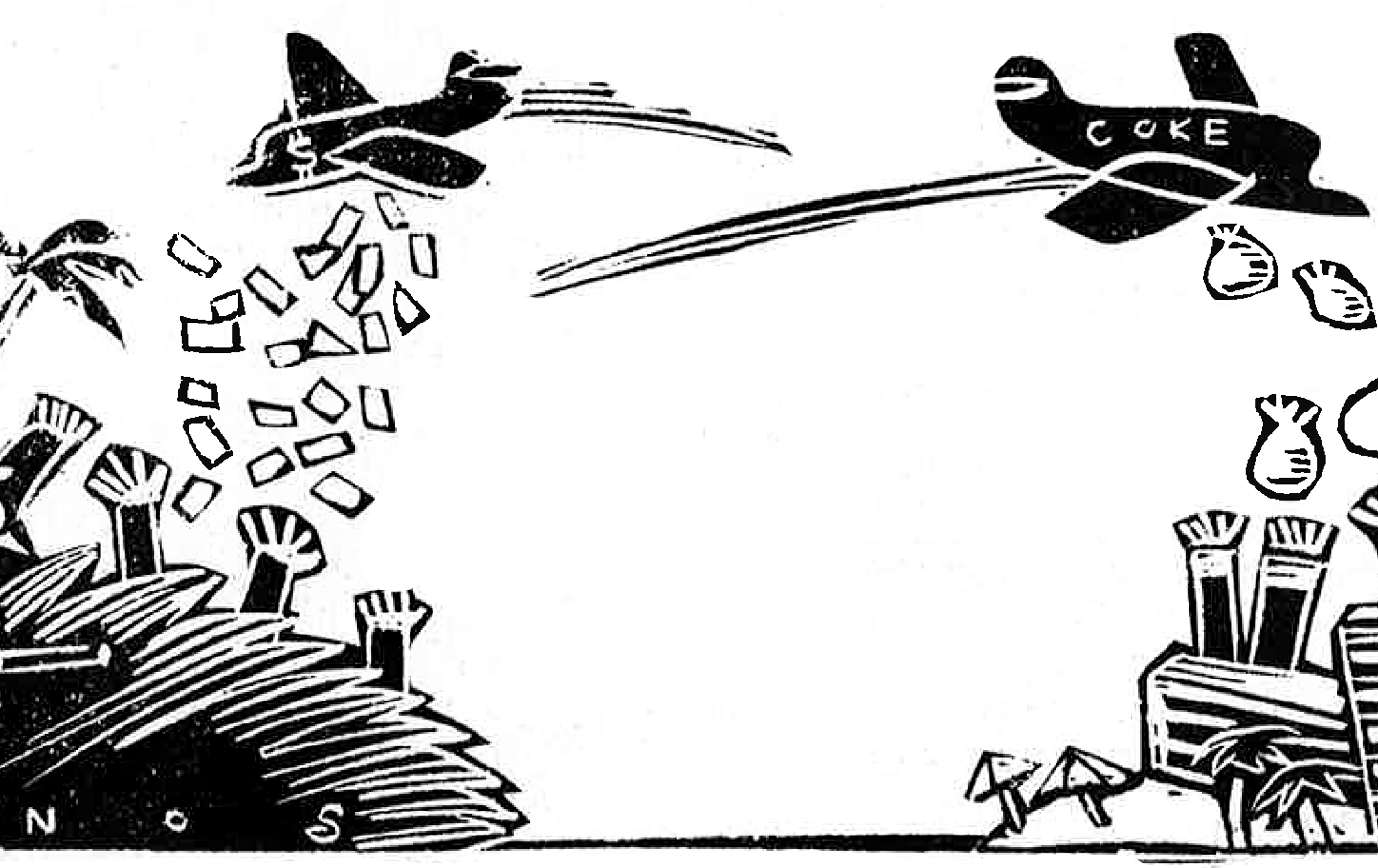
How I Got That Story How I Got That Story
“Stay to the end…and read everything”: Reporting the Iran/Contra scandal taught me everything I needed to know about covering Washington.
Mar 23, 2015 / Feature / David Corn
The Bear The Bear
April 18, 1928 The bear puts both arms round the tree above her And draws it down as if it were a lover And its choke-cherries lips to kiss goodby, Then lets it snap back upright in the sky. Her next step rocks a boulder on the wall. (She’s making her cross-country in the fall.) Her great weight creaks the barbed wire in its staples As she flings over and off down through the maples, Leaving on one wire tooth a lock of hair. Such is the uncaged progress of the bear. The world has room to make a bear feel free. The universe seems cramped to you and me. Man acts more like the poor bear in a cage That all day fights a nervous inward rage, His mood rejecting all his mind suggests. He paces back and forth and never rests The toe-nail click and shuffle of his feet, The telescope at one end of his beat, And at the other end the microscope, Two instruments of nearly equal hope, And in conjunction giving quite a spread. Or if he rests from scientific tread, ’Tis only to sit back and sway his head Through ninety-odd degrees of arc it seems, Between two metaphysical extremes. He sits back on his fundamental butt With lifted snout and eyes (if any) shut (He almost looks religious but he’s not), And back and forth he sways from cheek to cheek, At one extreme agreeing with one Greek, At the other agreeing with another Greek, Which may be thought but only so to speak. A baggy figure equally pathetic When sedentary and when peripatetic. This article is part of The Nation’s 150th Anniversary Special Issue. Download a free PDF of the issue, with articles by James Baldwin, Barbara Ehrenreich, Toni Morrison, Howard Zinn and many more, here. Reviewing Robert Frost’s first book, A Boy’s Will, in 1915, The Nation described him as “a poet by endowment,” but “a symbolist only by trade.” Frost (1874–1963) wrote four poems for The Nation in the 1920s. When he died, the sportswriter Roger Kahn wrote in the magazine of his friend: “Robert Frost is dead and my mortality and yours is thus more stark.”
Mar 23, 2015 / Books & the Arts / Robert Frost
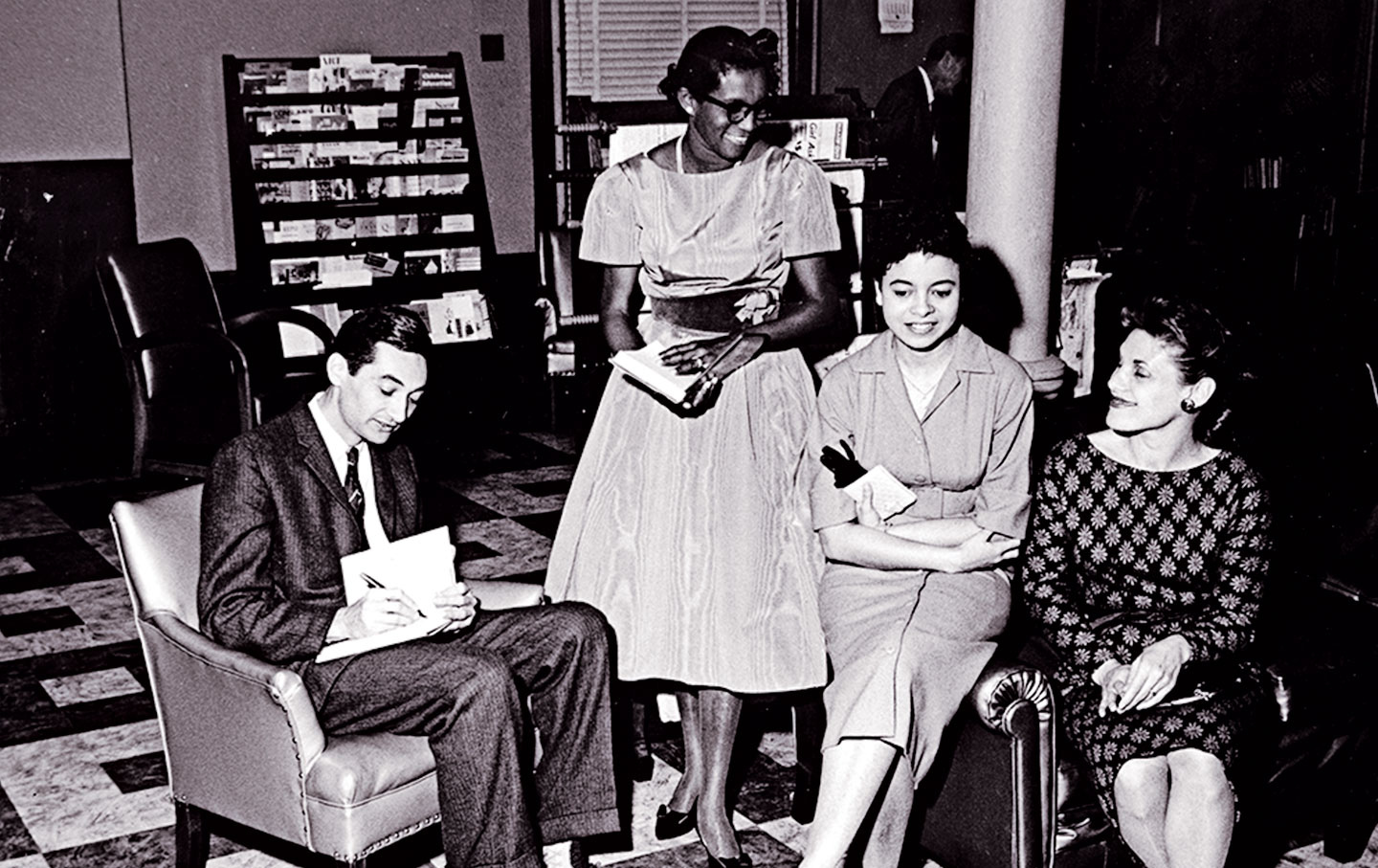
When Respectability Was No Longer Respectable, and Virtue Required Acting Out, Not Leaning In When Respectability Was No Longer Respectable, and Virtue Required Acting Out, Not Leaning In
Spelman College girls are still “nice,” but not enough to keep them from walking up and down, carrying picket signs, in front of supermarkets in the heart of Atlanta.
Mar 23, 2015 / Encounter / Howard Zinn and Paula J. Giddings
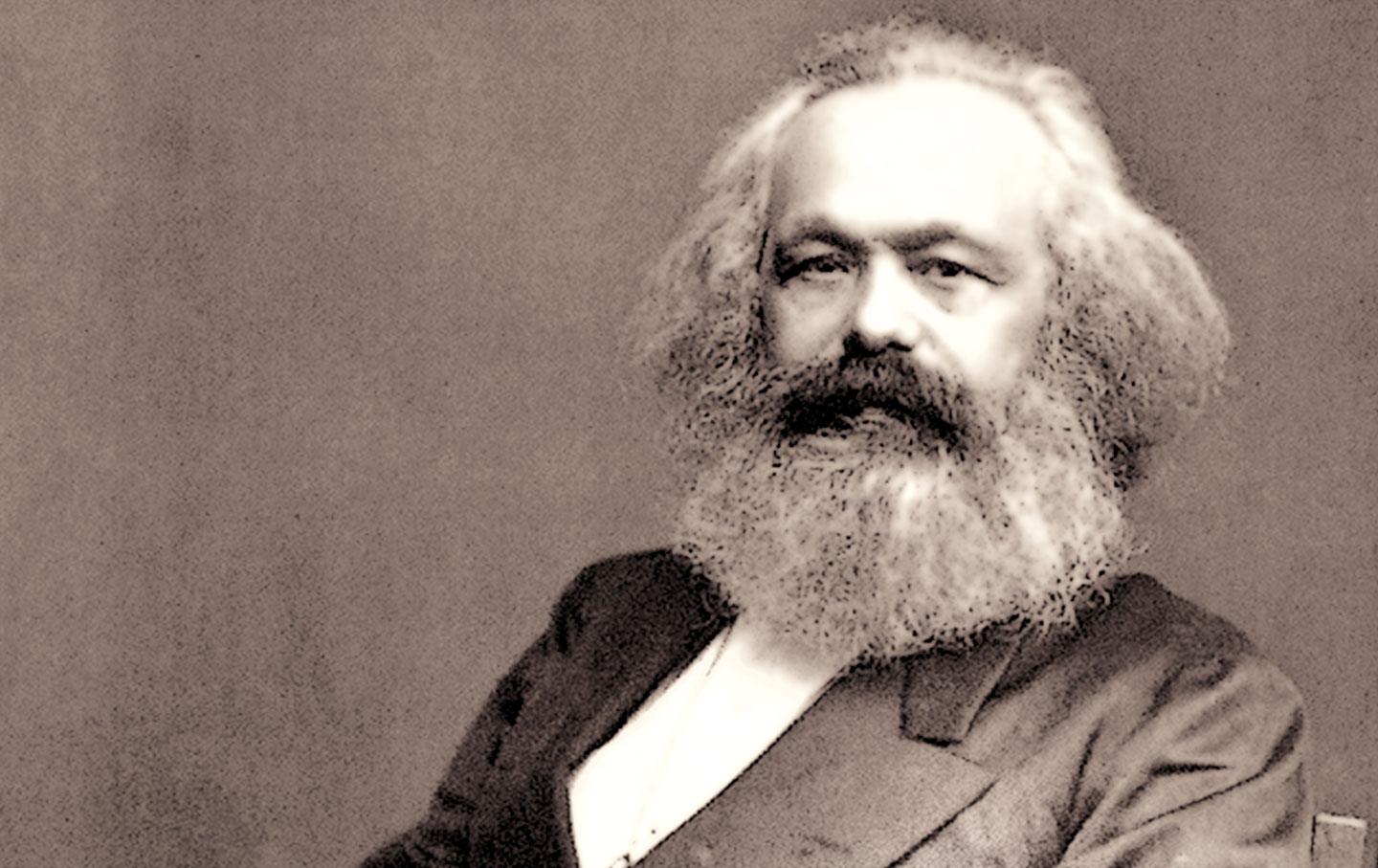
What Does ‘The Communist Manifesto’ Have to Offer 150 Years After Its Publication? What Does ‘The Communist Manifesto’ Have to Offer 150 Years After Its Publication?
At the dawn of the twentieth century, there were workers who were ready to die with The Communist Manifesto. At the dawn of the twenty-first, there may be even more who are ready t...
Mar 23, 2015 / Books & the Arts / Marshall Berman
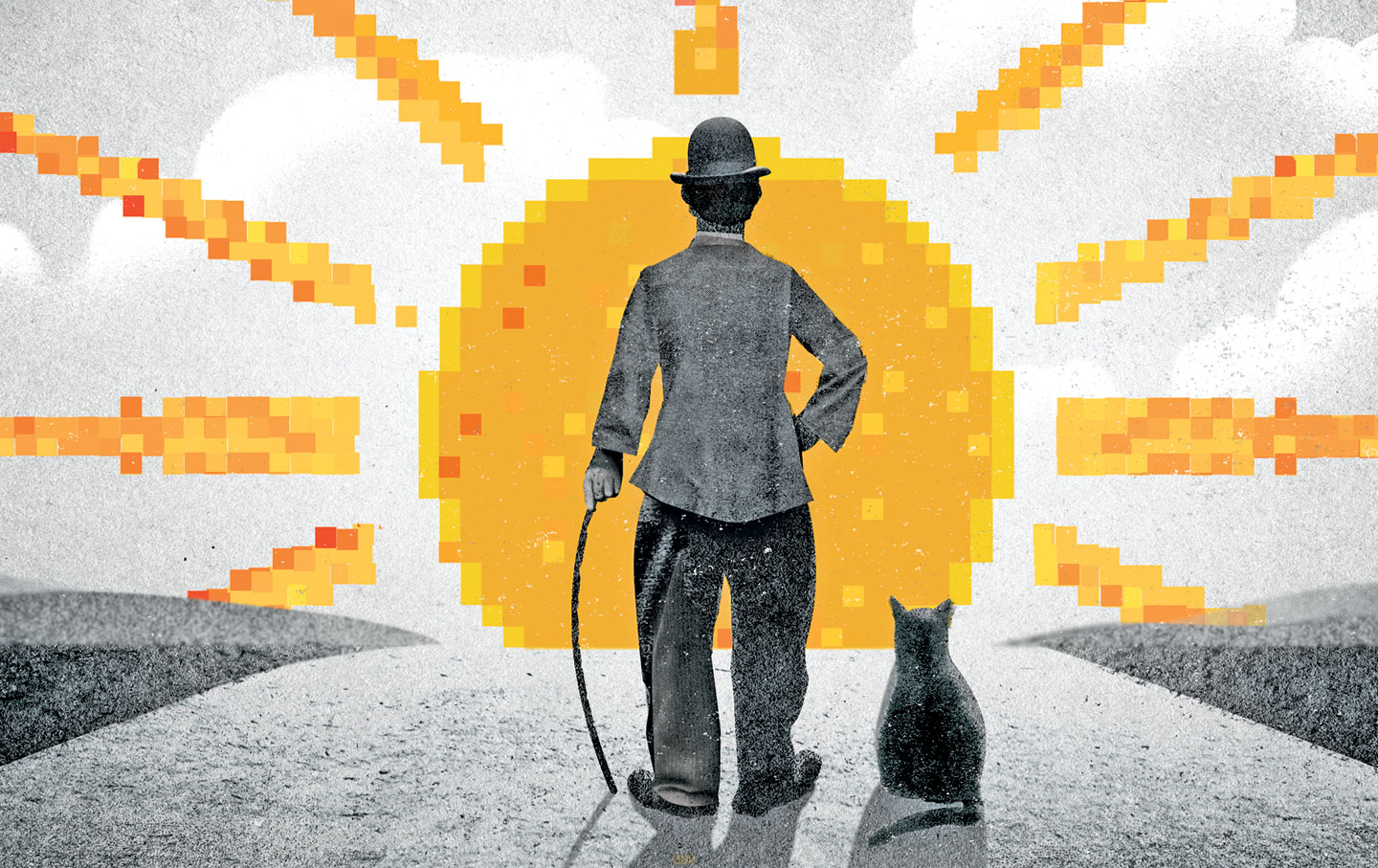
The Radical Future of Film The Radical Future of Film
A more convivial, expansive and life-affirming future is with us now—and the movies can help take us there.
Mar 23, 2015 / Books & the Arts / Stuart Klawans
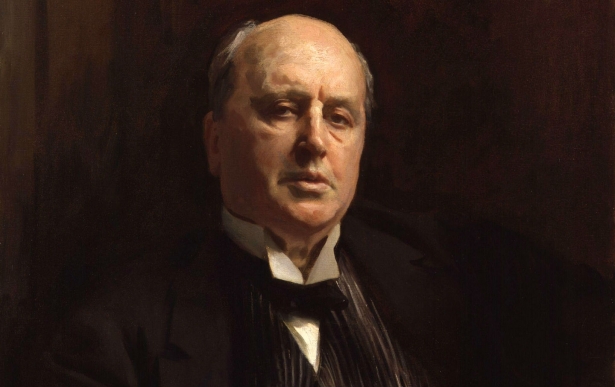
1905–1915: Henry James’s Obscurities 1905–1915: Henry James’s Obscurities
To get the story you must pay the price.
Mar 23, 2015 / Feature / The Nation
